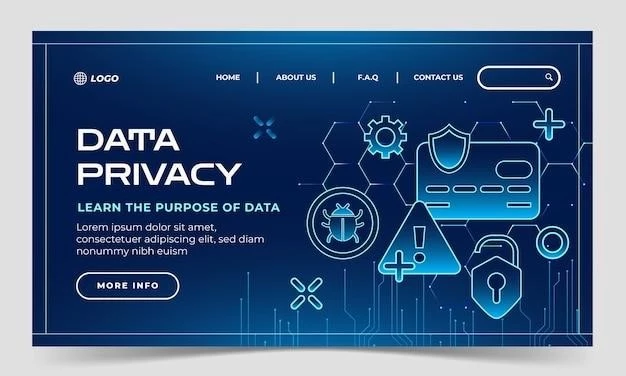In the digital age, our personal data is constantly being collected and used by companies, governments, and even individuals. This has led to a growing concern about privacy, with many people feeling like they have little control over their own information. One potential solution to this problem is data trusts, a relatively new concept that has the potential to revolutionize how we think about data ownership and privacy.
Data trusts are essentially legal entities that hold and manage data on behalf of individuals. They are designed to give individuals more control over their data while also ensuring that it is used ethically and responsibly. Instead of our data being owned by a single entity, like a corporation, data trusts allow for a decentralized approach where individuals have more autonomy over their information;
I’ve been personally exploring the concept of data trusts, and I’m convinced that they could be a game-changer for privacy. I’ve been using a data trust platform called “DataHaven” to manage my online data. What I love about DataHaven is that it empowers me to decide how my data is used. I can grant access to specific apps and services, choose what information they can access, and even revoke access at any time.
Here’s how I see data trusts shaping the future of privacy:
Empowering Individuals
Data trusts put individuals in control. Instead of being passive subjects in the data economy, individuals become active participants, able to dictate the terms of their data use. This is a major shift in power, and one that could have a profound impact on how we interact with technology.
Promoting Transparency and Accountability
Data trusts operate with transparency. They are subject to audits and regulations, ensuring that they are using data ethically and responsibly. This level of accountability is crucial for building trust in the data economy. DataHaven, for example, has a public ledger that tracks all data access requests, ensuring that all activity is transparent and verifiable.
Fostering Innovation
Data trusts can foster innovation by creating a more secure and reliable environment for data sharing. By giving individuals more control over their data, data trusts can make it easier for researchers, developers, and other stakeholders to access data for legitimate purposes without compromising privacy. This could lead to breakthroughs in fields like healthcare, finance, and education.
Addressing Data Breaches
Data trusts can help to mitigate the risks of data breaches. By holding data in a decentralized and secure manner, data trusts can make it more difficult for hackers to steal or exploit personal information. This is especially important as data breaches become increasingly common and costly.

Challenges and Considerations
Despite their potential, data trusts face several challenges. One challenge is the complexity of establishing and managing data trusts. They require legal expertise and technical infrastructure, which can be a barrier for individuals and small organizations. Additionally, there are concerns about data portability and interoperability between different data trust platforms. Ensuring that individuals can seamlessly move their data between different platforms is crucial for their ability to fully control their information.

Moving Forward
Data trusts are still in their early stages of development, but they hold immense promise for the future of privacy. By empowering individuals, promoting transparency, and fostering innovation, data trusts can help to create a more ethical and responsible data economy.
It’s important to note that data trusts are not a silver bullet. They are just one piece of a larger puzzle that involves addressing issues like data security, privacy regulations, and digital literacy. However, I believe that they have the potential to significantly improve the way we think about data and privacy in the digital age.










